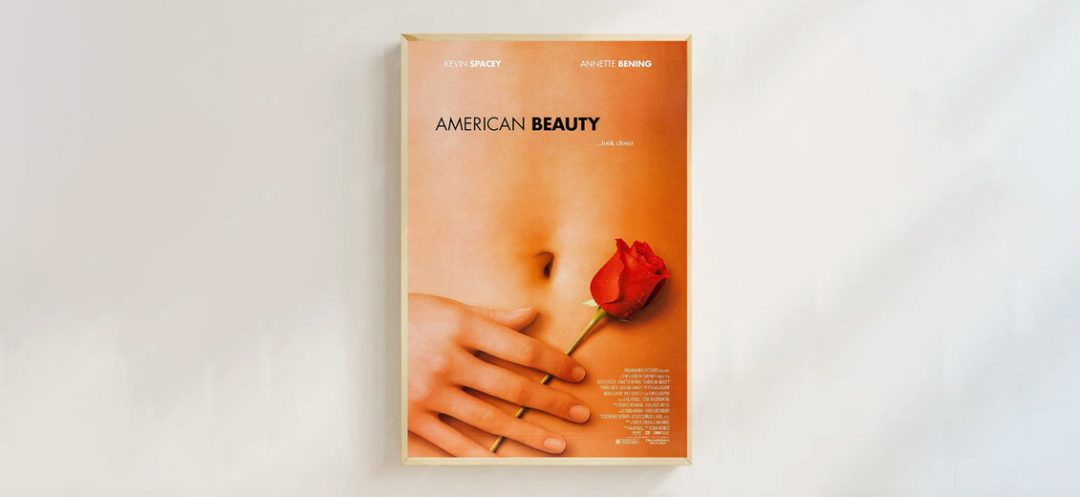Every week, we invite you to explore a striking theme from a great psychoanalyst to reveal its depth and richness. These lapidary, often provocative formulas open up new perspectives on the intricacies of the human psyche. By deciphering these quotes with rigor and pedagogy, we invite you on a fascinating journey to the heart of psychoanalytic thought to better understand our desires, anxieties and relationships with others. Ready to dive into the deep waters of the unconscious?
In his Essays on Psychoanalysis, Freud writes, “There are infinitely more men who accept civilization hypocritically than men who are truly and genuinely civilized.” For the Viennese psychoanalyst, cultural integration requires the necessary repression of impulses, particularly those that are destructive, but he observes that this repression can lead to psychic conflicts with sometimes tragic consequences. His professional experience reveals that genuinely civilized individuals are far fewer than those who display superficial conformity.
Psychoanalytic practice often presents examples of patients experiencing a sense of imposture, torn between their authentic desires and the persona they feel compelled to present in order to be accepted by their environment. This dissonance generates symptoms and a loss of meaning, as illustrated by the concept of “false self” developed by Donald Winnicott, which describes an adaptive facade the individual presents to the external world, distinct from the “true self.” The false self functions to submit to the norms of the socio-cultural environment.
As the founder of psychoanalysis explains, this “discomfort in culture” stems from the inherent conflict between individual drives and the demands of civilization. To access culture, one must repress or sublimate much of their instinctual life, particularly through the substitution of the reality principle for the pleasure principle. This sacrifice of immediate gratification for socially valued goals creates fertile ground for hypocrisy. However, as psychoanalyst Jean Laplanche states, “The reality principle does not abolish the pleasure principle: it modifies it, ensuring a deferred and socially adapted satisfaction.”
Faced with adaptive demands, many individuals opt for superficial conformity. They appear to embrace the values and behaviors required by society while secretly harboring unspoken desires. Erich Fromm analyzes this phenomenon in The Fear of Freedom, asserting, “The individual ceases to be himself; he entirely adopts the type of personality proposed to him by cultural models.” Although this split facilitates social adaptation, it is not without harmful consequences. In sacrificing their individuality on the altar of conformity, individuals expose themselves to a loss of meaning, becoming “normopaths,” as coined by Joyce McDougall—abnormally normal. Succumbing to mimicry, their alienated existence gradually becomes empty.
Jacques Lacan, in his reinterpretation of Freud, deepens this notion of the divided subject. He emphasizes the constant tension between unconscious desire and the demands of the “Big Other,” representing the symbolic and social order. Thus, subjects find themselves estranged from their own being, divided between conscious and unconscious, between false self and true self.
To help his patient preserve a certain psychological coherence, American psychotherapist Carl Rogers suggests striving for an ideal: the pursuit of congruent behavior, which means seeking harmony between lived experience, the awareness of that experience and its active expression. However, achieving this ideal will always confront the contradictions present in the individual’s unconscious as well as the constraints imposed by social bonds. “A child is born authentic, but society quickly teaches them to wear masks,” Françoise Dolto points out.
Sometimes, cultural works brilliantly illustrate the ravages of conformity on individual psyche. For example, Bernardo Bertolucci’s The Conformist portrays Marcello, who goes so far as to embrace fascism as an extreme form of social conformity. Similarly, Sam Mendes, in American Beauty, explores the facade of perfection of a suburban American family whose characters suffocate under the constraints of bourgeois conventions. The protagonist perfectly embodies this existential discomfort, caught between the demands of his social role and his deep aspirations. His desperate quest for meaning and freedom pushes him to question the very foundations of his existence, in a frantic attempt to escape the surrounding hypocrisy.
In analysis, the patient gradually becomes aware of this tension between the “true self” and the “false self,” in order to find a viable balance between authenticity and adaptation. They can recognize the repressed shadow side, without falling into a radical individualism that denies the social dimension of existence. As psychoanalyst Christopher Bollas highlights, “Analytic work partly consists in allowing the patient to recognize and integrate the authentic aspects of the self that were sacrificed for social adaptation.”
Indeed, some level of instinctual renunciation is the price to pay for access to the benefits of social life. But this exchange must not come at the cost of individual fulfillment. Herbert Marcuse, in One-Dimensional Man, argues that modern society intensifies this hypocrisy by creating “repressive needs” that alienate individuals from their true desires. He writes, “Advanced industrial society creates new, more effective and more pleasant forms of social control.”
It is not forbidden to dream of a society that, without denying the collective’s demands, allows room for the expression of singularities, while bearing in mind that “Civilization is this precarious compromise between desire and law, always threatened with rupture,” as eloquently stated by psychoanalyst Julia Kristeva.
It is at the crossroads of psychoanalytic practice and artistic creation that the horizon of a reconciled existence with itself takes shape. An existence where the individual, without renouncing the demands of life in society, could fully embrace the torments and contradictions that trouble them. An existence under the banner of the struggle for greater authenticity, the only bulwark against the deceptions of consumerist civilizational hypocrisy.
For it is within art and creation that the future of modern subjectivity also unfolds. By opening, for example, poetic spaces of resistance to the hegemony of social norms, works of the mind invite us to continuously reinvent the contours of our humanity. They are the precious seeds of a human-faced civilization, where each person could freely unfold the potential of their being, undeterred by the chains of convention. By recognizing the constitutive tension of the human condition between nature and culture, desire and law, individual and society, it may be possible to invent more authentic and fulfilling modes of existence—for those who desire it.



